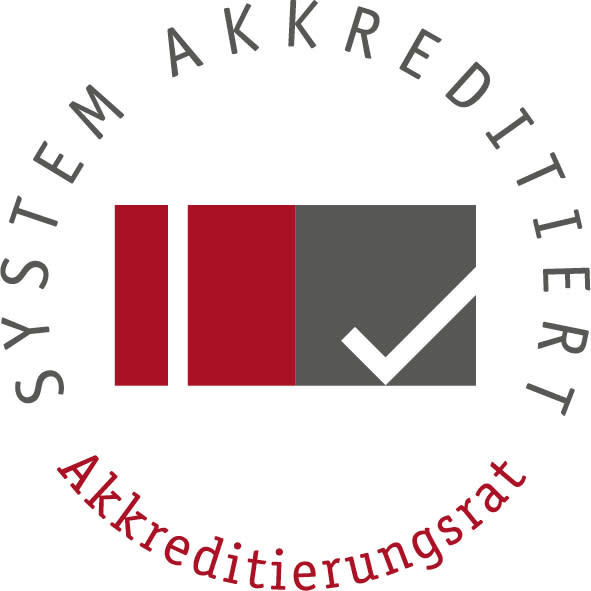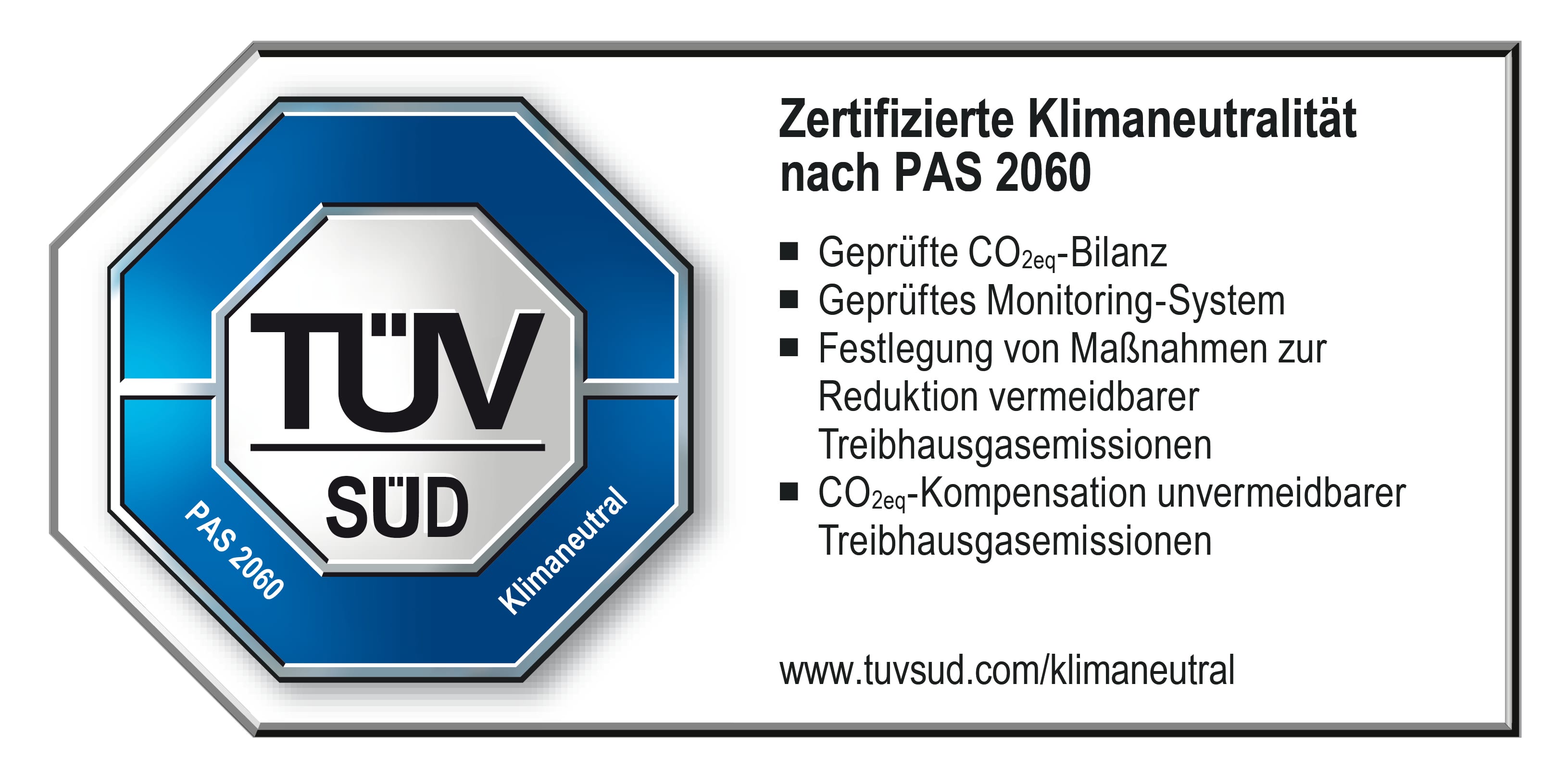Ohne Geldsorgen in Dein Fernstudium starten: Mit dem IU Finanzierungsratgeber für das Fernstudium.
Save up to 42% of your tuition fees
Yes, you read that right: Up to 42% of your tuition fees are tax-deductible! If you're doing a full-time bachelor’s programme, you can get back up to 169€ of your monthly tuition fee of 399€. This can reduce your costs as far as 230€ each month.
How much you can save depends on your individual situation. We’ll show you how to get the best deal. Let’s start with your requirements:
Initial education
If you start a bachelor’s degree immediately after the (technical) high school diploma, your tuition fees are tax-deductible.
In your tax return, these count as special expenses (“Sonderausgaben”).
You can be remibursed for special expenses of up to 6.000€ per year (in regard to the determination of income).
Secondary education: bachelor’s programme
If you have completed vocational training and start you bachelor’s degree afterwards in preparation for your future job, your studies count as secondary education.
It’s important that you have successfully completed your vocational training.
In this case, you can declare your tuition fees as professional expenses (“Werbungskosten”).
Secondary education: master’s programme
If you decide on a master’s dree after completing your bachelor’s degree, this also counts as a second degree.
You have tax benefits in a master’s programme as well.
Your tuition fees are declared as professional expenses (“Werbungskosten”) in your tax return.
Professional or special expenses: Which is which?

Whether you declare your expenses for your studies to the tax office as special expenses or professional expenses depends on your professional background (see chart above).
If you are completing your studies as part of your initial education, you can claim up to €6,000 per year as special expenses (“Sonderausgaben”) for your studies. If you are already studying for a master’s degree or are starting your bachelor’s degree after vocational training, your expenses for your studies count as professional expenses (“Werbungskosten”). The amount for declaration of professional expenses is not limited.
If you don’t work during your studies, you can carry the costs forward and can look forward to a reimbursement once you have started working.
These study costs are tax-deductible

Tuition and exam fees
Travel and accommodation costs for in person events or exams at a different location – e.g. train tickets, petrol (0.30 €/km) or a flat rate
Meal allowances
Working and teaching materials (e.g. specialist books, computers, printers, software, office and writing materials)
Interest on the repayment of a student loan
Telephone and internet charges
Expenses for double household maintenance or relocation
Home office room
Application costs for internships
Membership fees for student associations
Additional tip: It is best to keep receipts of these costs, e.g. invoices for trips to exams.

Prof. Dr. Michael Stephani, Finance, Accounting and Taxation
“Tax deductibility is a big issue. But who really wants to think about it? In the end, it can mean a lot of money. Only a few people know, for example, that you can also deduct your home workplace.”
Sample calculation: How you can benefit

Your background
Let’s say you earn €42,000 gross per year and decide to invest in a master’s degree at the IU International University (IU). Since you would like to continue working, you choose a part-time model with a study period of 2 years. The monthly costs for a programme like this is 449 €*.
Your tax benefits
Since this is a master’s degree, you can declare the full tuition fees for your second degree as professional expenses (“Werbungskosten”). As your income is reduced by your tuition fees, you only pay 3.820 € in income tax per year instead of 5.374 €.**
Your savings
You save 3.108 € in taxes over your two-year study period. That means: You get back around 30% of the total costs for your master's degree.
Additional tip: If you meet the requirements, you can also claim tax benefits for working from home. The deduction of expenses is usually limited to 1.260 € per calendar year. Nevertheless, you can add it as an additional tax benefit.
*after deducting the student discount.
** without taking special expenses or other deductions into account; for individual assessment; no eligible children, with the same basic allowance and progression in 2024, no further income; statutory pension insurance in west Germany and statutory health insurance, without additional charge of 0.35% long-term care insurance; Year of birth: 1993.
Source: Steuerrechner Bundesministerium für Finanzen
***The information contained on this website is for general informational purposes and does not relate to the situation of any individual or entity. It does not constitute business, legal or tax advice. In specific cases, the presented content cannot replace individual advice from competent advisors.
You have questions about student financing?
Find a financing concept that suits you and your budget: Our student advisors will support you in this process.
Information on study content & electives
Career prospects
Information on financing options








